Several types of insulation are used for HVAC systems, each with their own advantages and disadvantages. Here’s a breakdown of the most common ones:
Fiberglass Insulation:
-
- A cost-effective and widely used option for insulating HVAC ducts and pipes.
- Effective thermal insulator, but can absorb moisture and lose effectiveness over time.
- Requires proper installation to avoid air gaps that can reduce insulation efficiency.
Mineral Wool Insulation:
-
- Similar to fiberglass but made from natural volcanic rock or slag.
- Fire-resistant and offers good thermal insulation properties.
- Can be more expensive than fiberglass and may require proper handling due to potential skin irritation.
Rockwool Insulation:
-
- A type of mineral wool insulation made from basalt rock.
- Excellent fire resistance and thermal insulation capabilities.
- More expensive than fiberglass and can be slightly itchy or irritating to the skin.
Polyisocyanurate (PIR) Insulation:
-
- Rigid foam insulation boards with high R-value (measure of thermal resistance) for superior insulation performance.
- Closed-cell structure makes it moisture resistant and suitable for both hot and cold temperatures.
- More expensive than fiberglass or mineral wool insulation.
Elastomeric Foam Insulation:
-
- Flexible closed-cell foam insulation commonly used for pipes and fittings.
- Excellent moisture resistance and good thermal insulation properties.
- Easy to install and conforms well to irregular shapes.
- More expensive than fiberglass insulation.
Phenolic Foam Insulation:
-
- Rigid foam insulation boards with exceptional fire resistance and thermal performance.
- Often used in high-temperature applications or where fire safety is critical.
- More expensive than most other HVAC insulation options.
Choosing the right insulation for your HVAC system depends on several factors, including:
- Type of HVAC component (ducts, pipes, etc.)
- Climate and temperature conditions
- Budget
- Space constraints
- Fire safety requirements
Consulting an HVAC professional can help you determine the most suitable insulation type for your specific needs.
Looking to install a commercial HVAC System or Duct work in your Business Area?
Contact Vipul Ac to learn about our HVAC Service
Call +91 8000092000 Today.


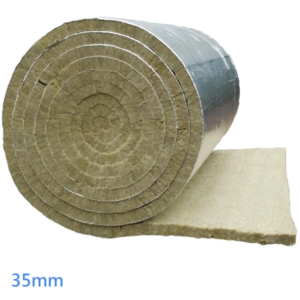
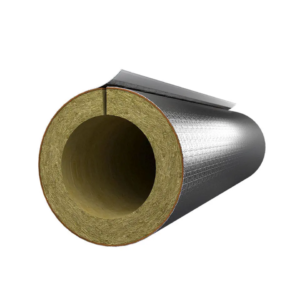
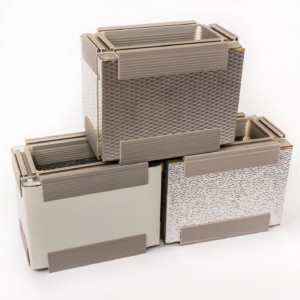
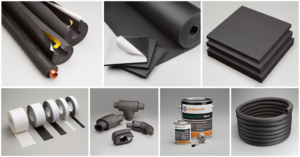
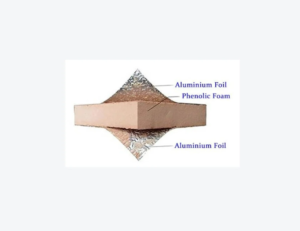
1 thought on “What insulation is used for HVAC?”